The internet and technology has transformed the way we live today, including how we communicate with each other and conduct business. However, along with the benefits to our lives, there are significant downsides, specifically issues about privacy and security with our data.
People often forget how much personal information is available online about them. One can easily overlook that every single time we post an image, comment on a post, or even google something, someone is keeping track of each keystroke.
For example, in the first Ted Talk, Juan Enriquez made a comparison that I found very interesting. He said that big data, tattoos, and immortality all have common themes. For example, someone with visible tattoos should expect that assumptions will be made about them solely based on their initial image prior to even meeting. And, just like tattoos are permanent, everything we put out on the internet is permanent (he calls these “electronic tattoos”) and will be used by others to evaluate who we are. His argument relating our online life to immortality is also interesting and something I've never thought of before. Due to the lack of control and privacy we have with our data, it can and will outlive us which is frightening to think about.
Issues of security and privacy with the internet and technology can have profound effects on friends and family in various ways. Personal data, whether banking information, credit cards or social security numbers can be at risk when we use it online. One example is identity theft, if your personal information is online and easily accessible, hackers are likely to access your personal data in order to impersonate you. This is not based on a person's intelligence, as this has happened to my mom on two occasions and she's very intelligent. Once someone has access to financial accounts, they can create fraudulent activities.
There is no simple fix to protecting our privacy. However, it is important that we understand what we post online matters. For example, while photos from a wild party may be something we would be willing to share with our friends, they may not be something that we want to share with a prospective employer. We need to assume that the content we put online will be an “electronic tattoo”.
When it comes to advertising and apps, tracking an individual's personal data is extremely common. For example, after a quick google search for a pair of new shoes, I will see ads follow me, sometimes for weeks, encouraging me to buy footwear. These targeted advertising companies have the ability to change their terms and conditions without notice and can (and will) share your personal information with third party companies. Perhaps if people push back, companies will realize that if they are upfront with their users and consumers they will build trust and loyalty, benefiting them more in the long run.
Government regulation also should play a role. It can help create a safer internet by requiring upfront information and up to date rules about their privacy and security regulations. But it needs to be more than just a click through of legalese that no one is going to read. There are dozens of projects that are actively being worked on currently in hopes to help keep our data more secure and private. One example of this is proton mail, which is an encryption tool to help prevent the government from accessing emails. Despite these efforts, the government can still lawfully access your information if they wanted to without you even knowing.
We need to understand that our privacy is at risk when we go online. With that knowledge, we can make better decisions about what we share and where we share it. We can also use our voice as a whole to preach that technology will only benefit us and society when used properly and if it respects our basic rights.

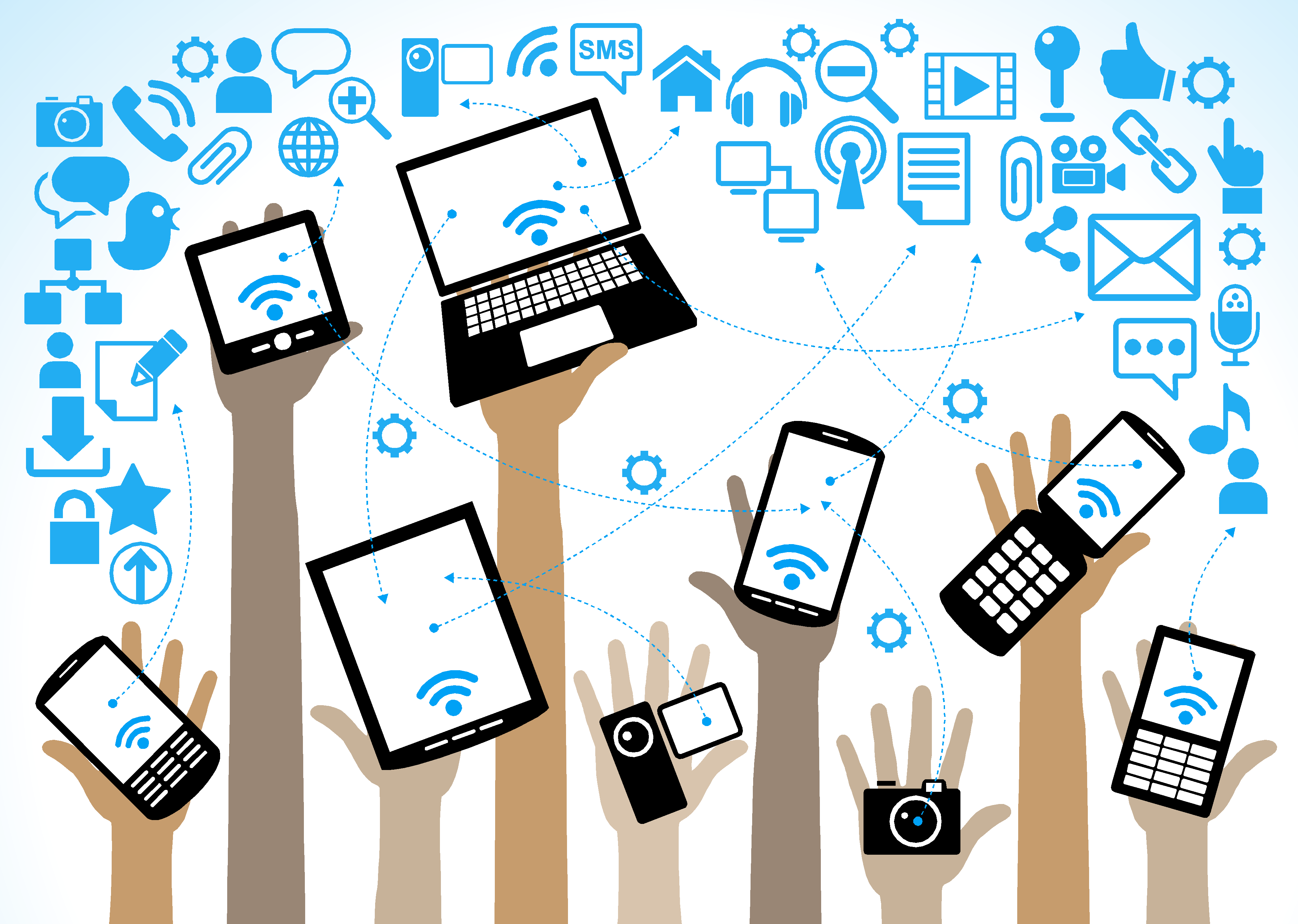
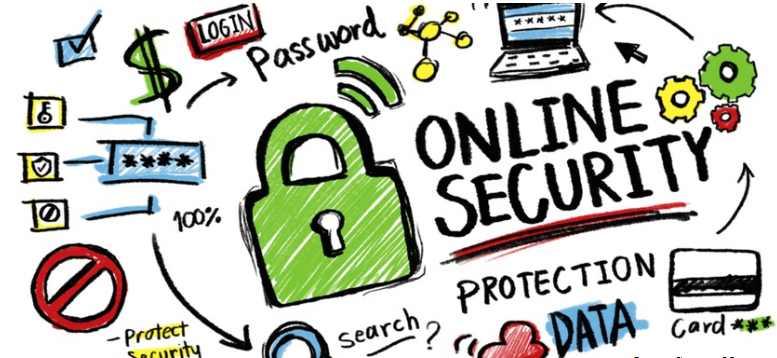
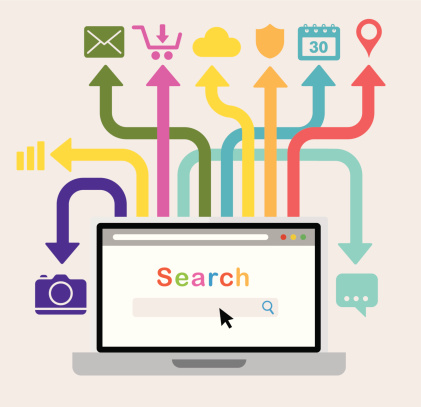


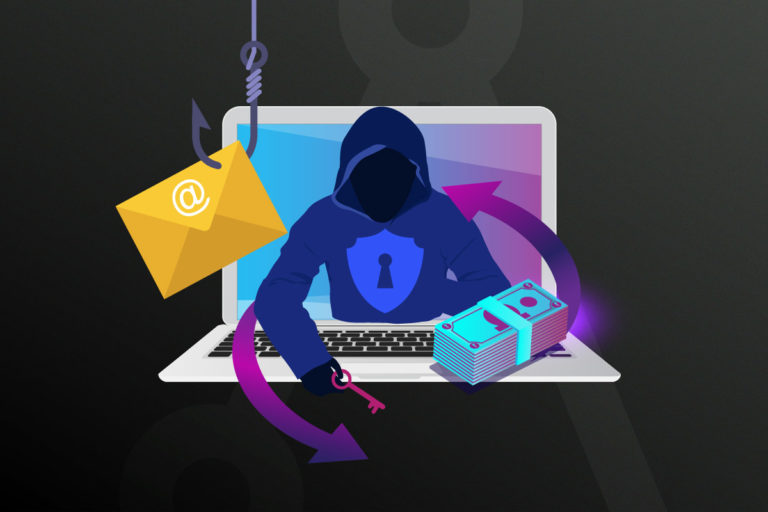


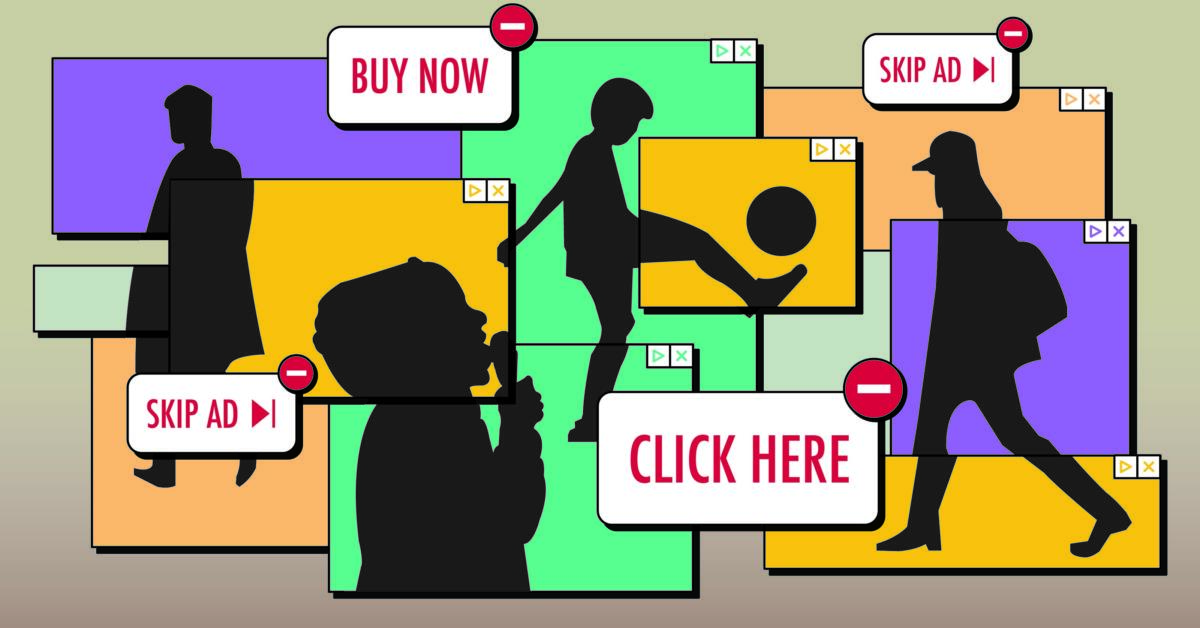
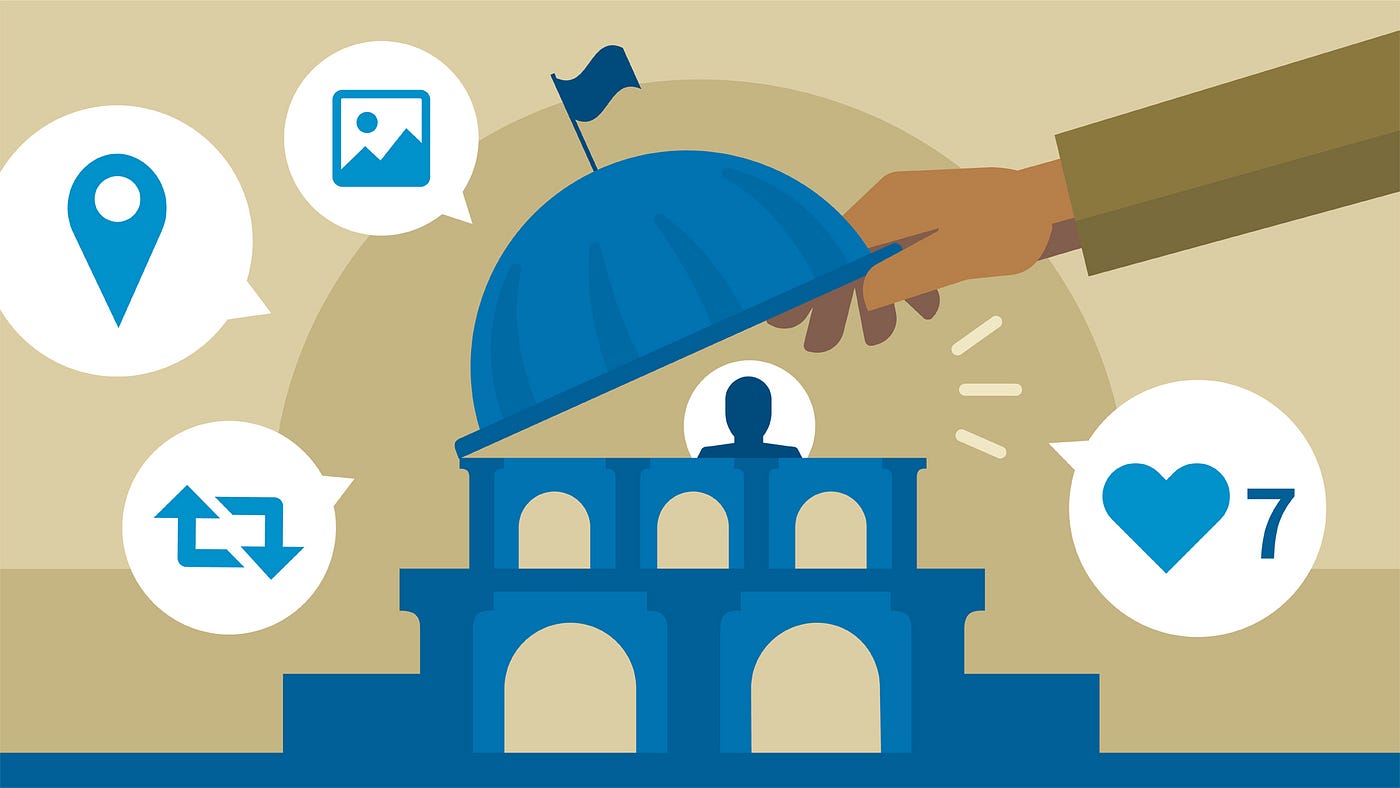


No comments:
Post a Comment